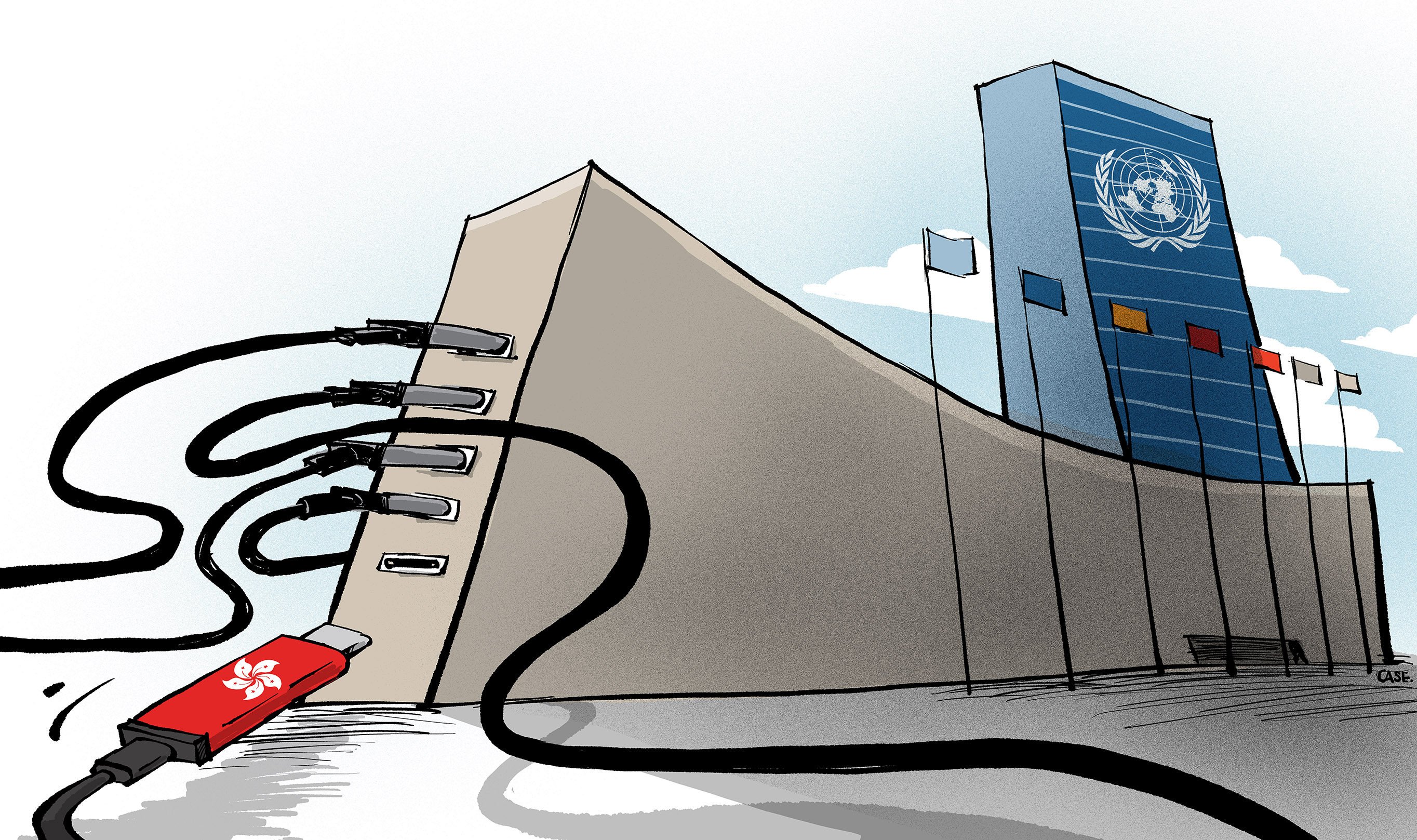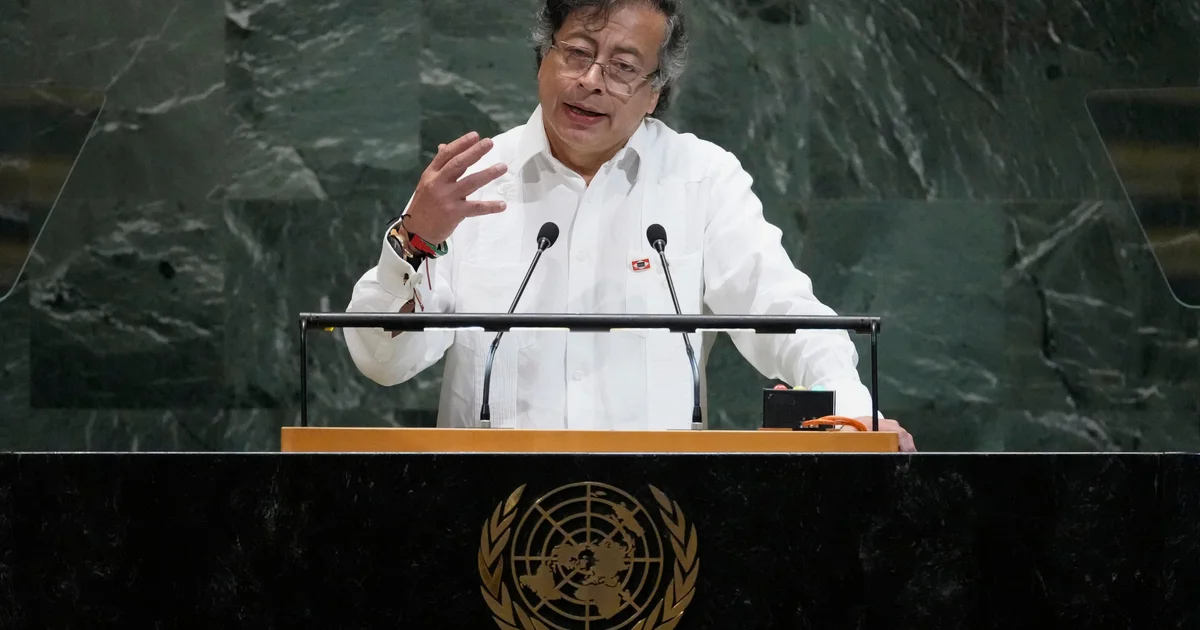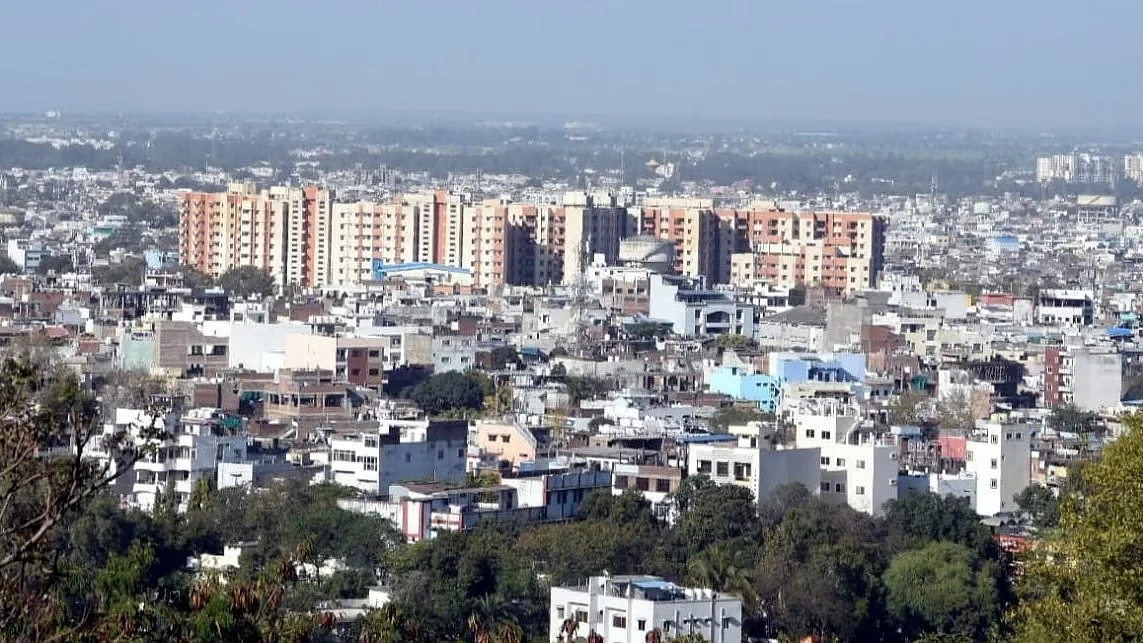By Brian Y. S. Wong
Copyright scmp

Donald Trump may have a point in highlighting the UN’s ability to address global challenges. However, the antidote to stunted multilateralism isn’t abandoning the concept altogether, but inclusive reforms that empower countries that lack representation.
Besides its New York headquarters, the UN has three large secretariat hubs in Nairobi, Vienna and Geneva, but few offices located in Asia, a continent with around 60 per cent of the world’s population. Bangkok does serve as a de facto Asia-Pacific hub for various UN entities. However, Thailand’s recent history of political turmoil might cast doubts over Bangkok’s suitability as a major UN hub. Nevertheless, diversification is key.
With its Global Governance Initiative, China seeks to provide global leadership based on principles of “sovereign equality” and “people-centred” leadership.
If Beijing is serious about positioning the country as an emerging pillar of global governance, it should tap into Hong Kong, the only city on its soil that officially adopts English as one of its official languages, practises common law and administers extremely low corporate taxes. After all, Chief Executive John Lee Ka-chiu seeks to strengthen Hong Kong’s international engagements, from supporting the overseas presence of Chinese talent, capital and products to attracting global talent.
The International Organisation for Mediation is an example of Hong Kong’s potential. It’s the first-of-its-kind institution in the city, tapping into a robust common law tradition and a free flow of data and information.
Hong Kong can build on this momentum to support China’s engagement with the UN, for which China is the second-largest donor; Beijing pays 20 per cent of the organisation’s budget. As a long-time Hong Kong resident from Switzerland recently told me, rather than fixating on how to tell China’s story to the world, the city should bring the world to China.
As a city that straddles developed and emerging markets as well as the Global North and South, Hong Kong should seek to attract UN agencies in select, technocratic domains, such as those pertaining to finance, climate change and renewable energy, education and cultural heritage and public health.
These are also areas where Beijing wants Hong Kong to be more globally visible, in terms of setting the global agenda, shaping norms and building institutional best practices. Of course, coordination with the other four hubs would be vital to prevent functional duplication. Hong Kong would nonetheless gain a lot from taking on the challenge.
I have often been asked by ambitious local students how they should go about pursuing a career in international affairs. Opening up new career pathways for those who seek to serve in large, multilateral institutions would be in line with the city’s goal of economic diversification. Hong Kong students pursuing their dreams wouldn’t have to travel far to get their foot in the door.
Hong Kong has already implemented a scheme that lets junior public officers take up UN assignments as members of the Chinese delegation. These efforts should be deepened through appointing qualified youth, including professionals who are not politically involved, to serve as the backbone of a potential UN regional headquarters in Hong Kong.
An influx of international diplomatic talent would also spur organic growth in higher education, arts and culture and downstream professional services. It could also revive local consumption; junior international bureaucrats may be inclined to take advantage of Hong Kong’s cultural offerings.
By housing a large number of diplomats, bureaucrats and experts who understand the importance of China in tackling global challenges such as climate change and crafting policies on artificial intelligence, Hong Kong would send out a clear and unambiguous message – it is uniquely different from its mainland counterparts while remaining the most international part of the world’s second-largest economy.
This move would also greatly benefit China as a whole. Firstly, it shows that Beijing’s vision of global governance is compatible with its burgeoning role in multilateral institutions such as the UN.
As the largest Asian economy and a trading partner to many other major Asian economies, China is well positioned to articulate an alternative view of international cooperation that stands in contrast to the increasingly unilateralist, transactional approach espoused by the United States and the more value-driven and principle-guided vision embodied by the European Union.
But it must do so in a way that both consults and reflects a variety of voices from Southeast, Northeast, South, Central and West Asia, as well as other parts of the world. “The Asian way” must not be solely defined as “the Chinese way”. With its extensive diasporic connections, multilingualism, multiculturalism and long-standing commercial ties with all corners of Asia, Hong Kong is thus the best convergence point for China and its Asian partners.
Secondly, Beijing has long struggled with cultivating soft power and deepening engagement with the Global North, especially among sceptics and detractors.
Through inviting global collaborators to a part of China where critical, nuanced open debates are possible, Beijing can easily showcase a sophisticated version of its world view. Moreover, Hong Kong’s business environment resembles other parts of the world and the city’s civic culture is more familiar to other countries compared to mainland China.
As China’s profile and commitments in international affairs increase, it is imperative that it finds a hub where it can play to its strengths while frankly communicating about its challenges. As the centre of global economic gravity continually shifts eastward, the UN must deepen its representation of and engagement with Asia.
Hong Kong can present a constructive solution to both.



